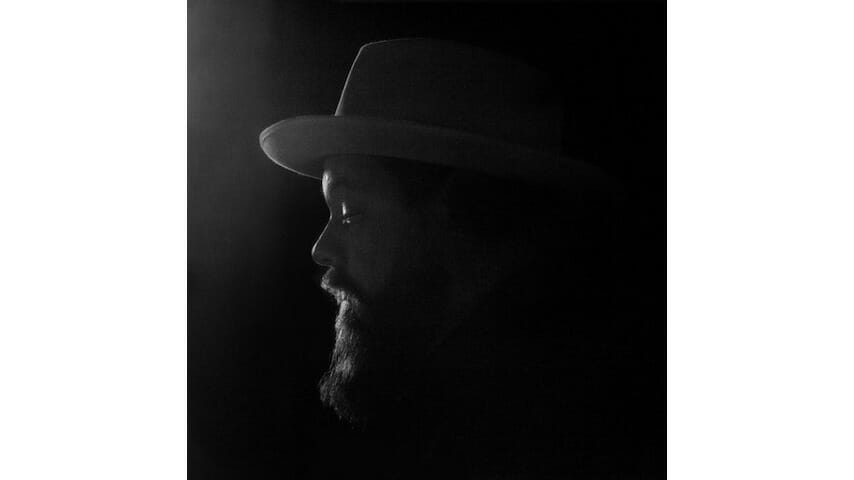Nathaniel Rateliff & the Night Sweats: Tearing At The Seams

The story goes that Nathaniel Rateliff put together the Night Sweats as one last effort to solidify his music career before giving it up altogether. It worked, obviously: the band’s self-titled debut in 2015 was a surprise hit, recasting the previously folk-leaning Rateliff as a soul shouter with a big, gruff voice and a band that cooked. Because there were no expectations, the Denver singer could do pretty much whatever he wanted, and the album reflected that: it was loose, catchy and sounded like he and the band he had recruited were having fun playing a version of the music that Rateliff used to sing to pass the time and entertain his coworkers while doing day jobs involving manual labor.
This time, of course, there are expectations. Tearing at the Seams occasionally sounds like the band is a little too aware of that fact, on by-the-numbers soul workouts like “Coolin’ Out,” or “A Little Honey”—songs that go where you expect them to without leaving much to remember them by. Those tunes are well enough constructed, but they’re missing some of the color and tension that makes the Night Sweats’ best music so compelling.
-

-

-

-

-

-

-

-

-

-

-

-

-

-

-

-

-

-

-

-

-

-

-

-

-

-

-

-

-

-

-

-

-

-

-

-

-

-

-

-








































